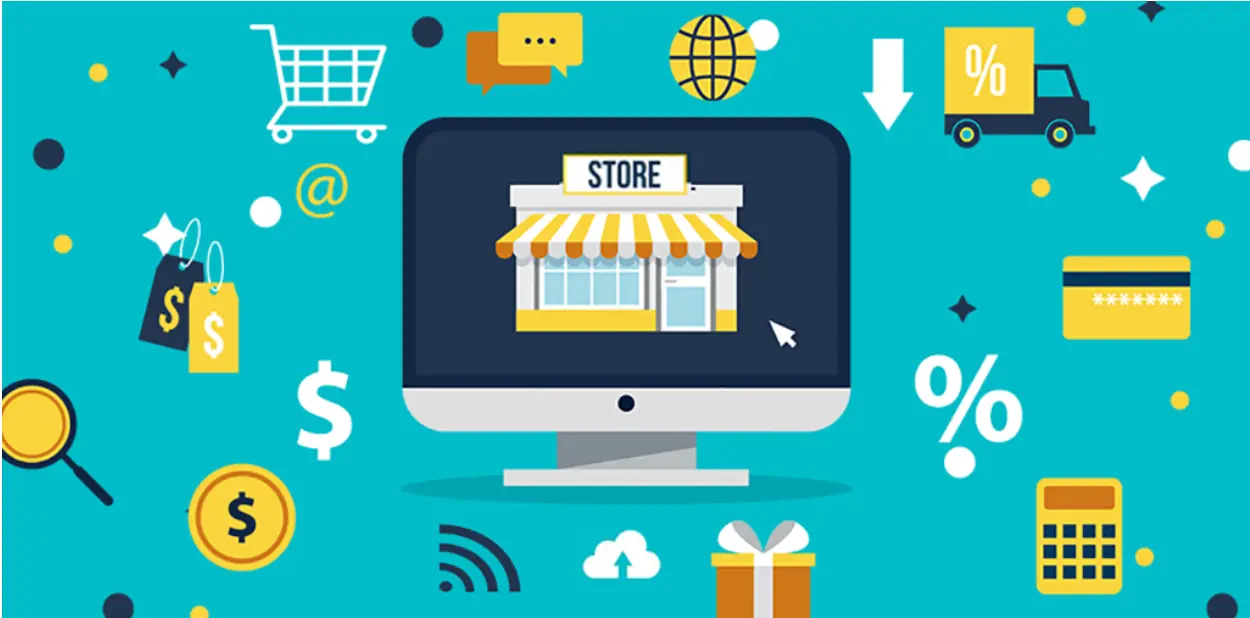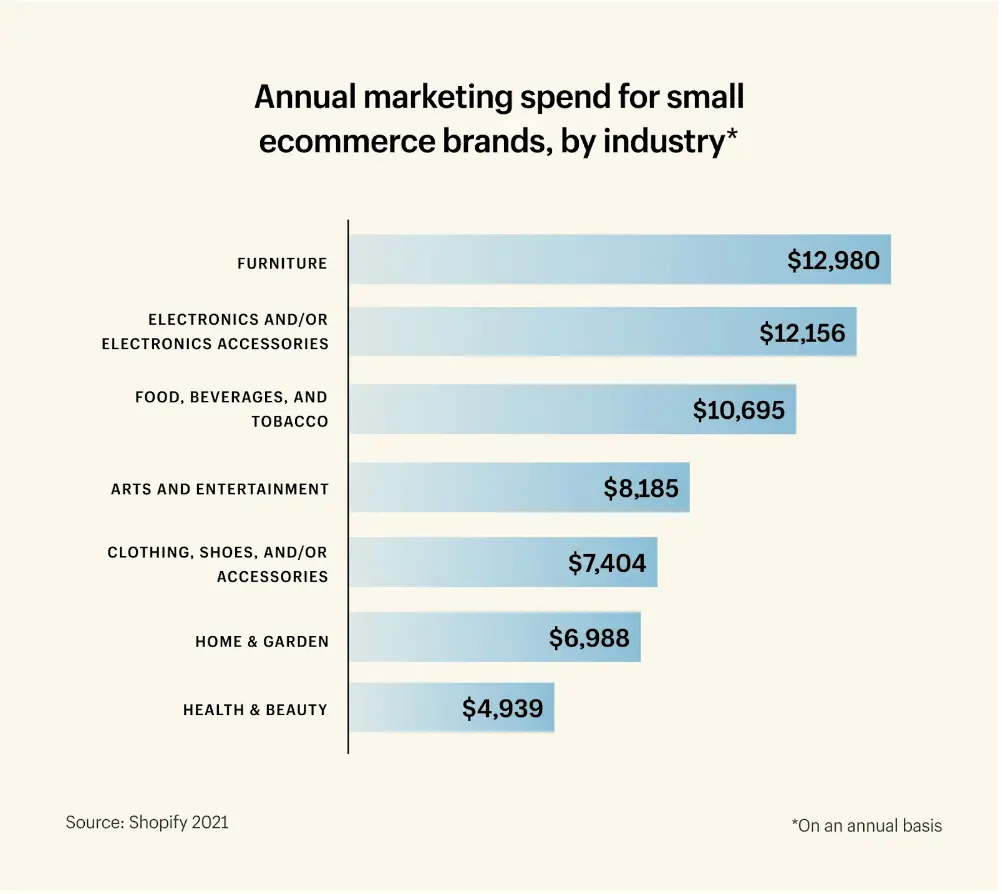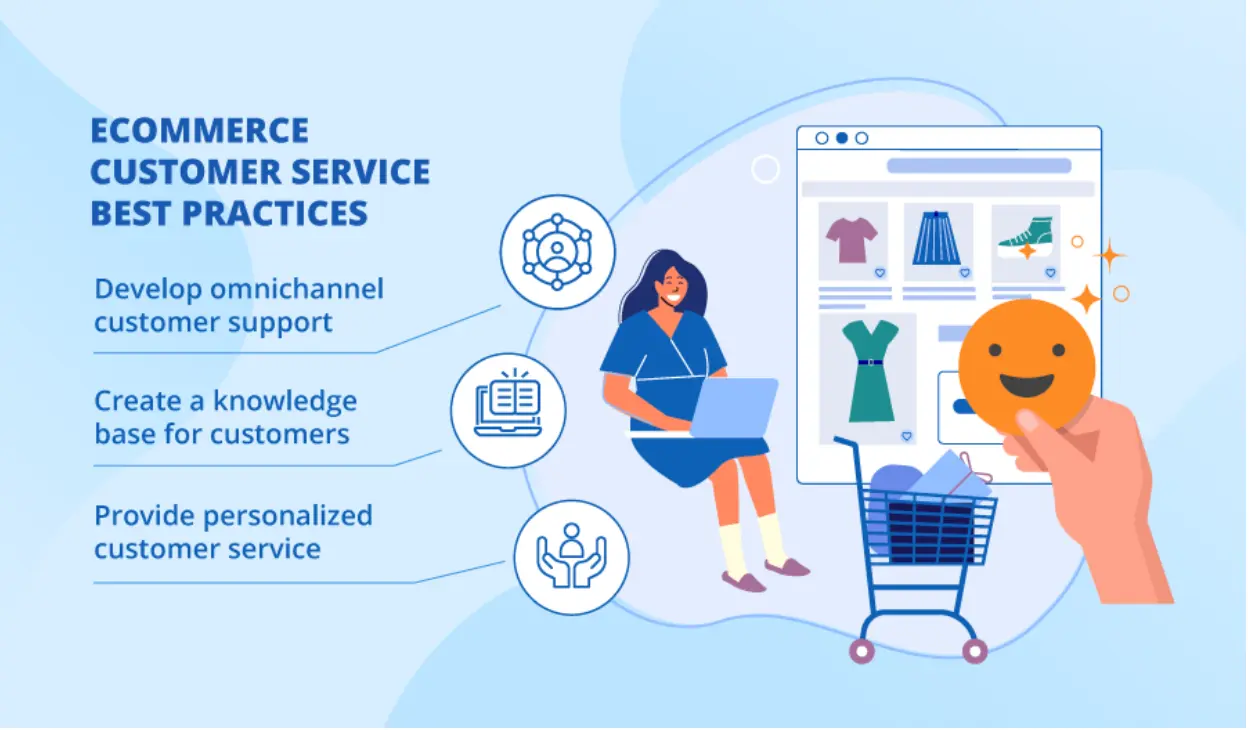The eCommerce industry is booming, further accelerated by the pandemic. It has nearly ten million online retailers worldwide, with 2.5 million in the United States.
Per Insider Intelligence, U.S. online sales could hit one trillion dollars this year.
As such, launching an eCommerce business is a rewarding venture. However, prepare for various expenditures to start right and ensure its long-term success. Also, consider key factors when budgeting for your online business.

Source: LinkedIn Newsletter
This page covers eCommerce expenses to expect as an entrepreneur. Read on to learn some practical ways to manage them.
Eight eCommerce Costs and How To Handle Them
The eCommerce industry is thriving because it offers business owners several advantages. Every entrepreneur should consider building an online store. Even brick-and-mortar stores should transition to click-and-order.
However, track and manage your expenses carefully to achieve business success. You can use automated software or hire professionals to stay on top of your expenditures.
Here are eight eCommerce expenses to expect and practical ways to manage them:
1. Website development and maintenance

Source: NicePNG
An eCommerce business requires a website to serve as your online store. You have to hire a web developer or design firm for:
- Website Creation and Design: You pay a professional to create and design your website. You even spend on installing website plugins necessary to your site’s functionality.
- Platform Payments/Hosting Fees: You will often use an established eCommerce platform. You then pay to use their services regularly, including the web hosting fee.
Here at Helcim, we help you establish an end-to-end eCommerce store for your business. You can capitalize on our online checkout with inventory, shipping, and analytics features. Contact us today to discuss your business needs and requirements!
2. Logistics and inventory management
Michael Nemeroff, CEO & Co-Founder of Rush Order Tees, underscores the importance of logistics and inventory.
Every entrepreneur should stay on top of their eCommerce processes. It starts with acquiring raw materials and ends with creating products. Ensure you deliver quality products on time.
Consider all business expenses involved from start to finish:
- Product Sourcing: This comes in two forms: material acquisition or product procurement. You get the materials from your suppliers and pay them regularly. Or you buy wholesale products from retailers and sell them at a higher price.
- Warehouse Management: This ensures the quality and safety of products in the warehouse. You incur costs for managing your inventory like storing and tracking your stocks.
- Actual Production: The process involves producing the goods or items to sell. However, it requires labor costs. If you already have the products, you still spend on the packaging.
- Product Shipping: This is the final stage, ensuring products reach customers. Of course, you have to work with couriers and ship products to customers.
3. Payment processing fees
eCommerce businesses accept online payments from customers. As such, you will incur fees for processing transactions.
The transaction costs can be a percentage or a flat fee charged by banks and creditors. Of course, they vary from one payment gateway or processor to another.
Suppose you accept invoice payments after customers use debit cards or mobile wallets for purchases. In that case, you pay processing fees for partnering with creditors and using payment gateways.
4. Marketing and advertising costs

Source: Shopify
Marketing and advertising are crucial to business success. Implement some strategies for promoting your products but prepare for potential expenses. Here are digital marketing strategies to consider for your eCommerce business:
- SEO stands for search engine optimization. The SEO strategy involves optimizing your website, writing keyword-integrated content, and building links. The goal is to rank at the top of the search engine results page (SERP).
- PPC is short for pay-per-click. It's an advertising form for increasing online visibility and website traffic. However, you pay for every successful click made to your ads displayed on SERP.
- Content Marketing includes articles, images, or videos. They aim to attract and engage with your prospective customers. Remember: Content is king in the digital world.
- Social Media Marketing involves promoting your business and products through various channels. These include Facebook, Instagram, Twitter, and LinkedIn. Social media is powerful as it’s where your customers live and breathe.
5. Customer service and support expenses
Every eCommerce business should set up customer service/support in place. The goal is to assist customers and meet their needs.

Source: ScienceSoft
Here are business functions to handle for your online business.
- Customer Service: Representatives assist customers by answering questions, processing requests, or handling complaints. You must hire and pay agents to serve your customers.
- Product Support: Representatives provide customers with product support. For instance, they provide technical assistance to end users of technology. However, you must pay and employ these agents as well.
- Billing and Collections: Jarret Austin, Owner of Bankruptcy Canada Inc., emphasized the need to establish this department. “The goal isn’t only to collect payments from customers. You should also help them rise above their financial struggles. Give them options to avoid escalating to delinquency and bankruptcy.”
6. Compliance costs, taxes, and insurance
Ben Michael, Practicing Lawyer and Founder of Michael & Associates stressed the importance of running a business within the bounds of the law.
“You should follow local, state, and federal tax laws and other regulatory requirements. Doing so helps you avoid legal ramifications, hefty penalties, and even business closure.”
Below are the costs involved in running an eCommerce business:
7. Professional fees
As an eCommerce business, you might tap various professionals fundamental to your operation. However, you must fairly compensate them for their services. Below are some experts you might need for your online business:
Kyle Zien, Director of Growth Marketing at Felix, works with several professionals.
“Take the initiative to entrust certain business functions to the experts. They can help optimize them and even scale your business. However, pay them properly and provide them with the utmost support.”
8. Other miscellaneous expenses
Other miscellaneous expenses might arise in the course of running your eCommerce business. Some are ongoing costs you should have already anticipated and budgeted. Consider these:

Source: Entrepreneur
Stay on Top of Your eCommerce Expenditures
Managing expenses is a vital aspect of running a successful eCommerce business. The goal is to spend less than you earn in your company. Thus, consider all the expenditures above and follow our management tips.
By understanding and tracking your expenses, you’ll make informed decisions. You’ll know how to allocate financial resources and maintain your cash flow. Your online business will be financially healthy and sustainable in the long run.
With effective management, you’ll stay on top of your expenditures and achieve your eCommerce goals.


